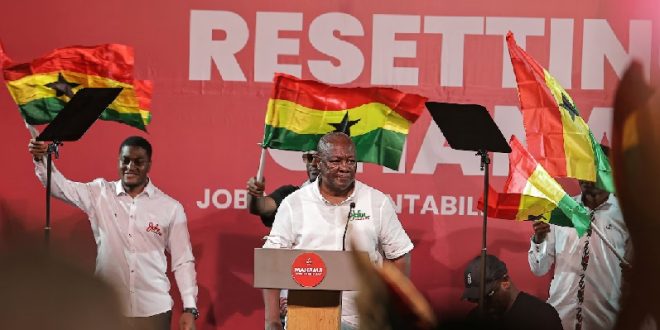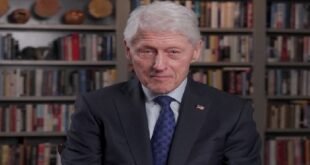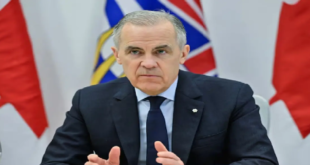08-12-2024
ACCRA: Election Day has arrived in Ghana, where a debt crisis and high living costs mean the economy is uppermost in the minds of many voters.
The West African nation is guaranteed a new president as Nana Akufo-Addo steps down after reaching the official limit of two terms in office but he could be replaced with a familiar face, if former President John Mahama succeeds in his comeback attempt for the NDC party.
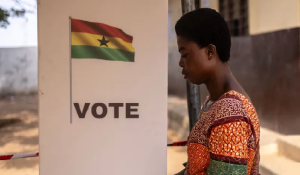 His main challenger is expected to be Vice-President Mahamudu Bawumia, who would become the country’s first Muslim leader if he wins for the governing NPP party.
His main challenger is expected to be Vice-President Mahamudu Bawumia, who would become the country’s first Muslim leader if he wins for the governing NPP party.
Other candidates include Nana Kwame Bediako, a businessman popular with young voters and Alan Kyerematen, who defected from the ruling NPP party last year.
Close to 19 million Ghanaians are registered to vote.
Despite Ghana recently bringing in tougher legislation to drive up the numbers of women in frontline politics, only one woman is in the running to become president – Nana Akosua Sarpong Frimpomaa of the Convention People’s Party (CPP).
The only other female presidential candidate in this election, Akua Donkor of the Ghana Freedom Party died in October. Yet her name will still be listed on ballot papers because the candidate chosen to succeed her was disqualified.
Saturday’s general election also sees voters in 275 constituencies across the country choosing their members of parliament.
Since the return of multi-party politics to Ghana in 1992, only candidates from either the National Democratic Congress (NDC) or the governing New Patriotic Party (NPP) have won the presidency.
No party has ever won more than two consecutive terms in power.
Voters have a 10-hour window on Saturday to cast their ballots – 07:00-17:00 GMT.
Ghana’s land borders have been closed until Sunday evening, in a move that correspondents describe as unusual.
Election results are set to be announced within three days.
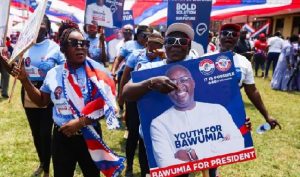 In order to win in the first round, a presidential candidate must gain more than 50% of the vote. Failing that, the top two contenders will enter a run-off vote to take place by the end of December.
In order to win in the first round, a presidential candidate must gain more than 50% of the vote. Failing that, the top two contenders will enter a run-off vote to take place by the end of December.
As campaigns came to a close on Friday, Bawumia said of his main rival: “What is clear is that notwithstanding the challenges we’ve had, we have performed better than the government of John Dramani Mahama.”
While Mahama told supporters “it is a choice between the Ghana we have today and the Ghana we want together. A Ghana of opportunity, prosperity, and justice for all.”
Ghanaians have been hit particularly hard by inflation in recent years, which reached a peak of 54.1% in 2022. Although it has since come down, many thousands of people have been pushed into poverty and living standards have suffered, says the World Bank.
That same year, Ghana defaulted on its debt repayments and the government is still in lengthy negotiations with international lenders to try and restructure the loans.
Unemployment is also at a high – particularly among the young, whose views could have a big impact on the outcome of the election.
Women’s rights advocates are demanding the immediate implementation of a nearly 30-year-old gender equity bill which Ghana’s president signed into law on Thursday.
This ends a process which began in 1998, with the bill shuffling between parliaments until the legislature passed it in July this year. Many campaigners faulted Ghana’s law-making body for the long delay.
Ghana now joins Rwanda, Uganda, Burundi, Mozambique and others in Africa that have working affirmative action laws. (Int’l Monitoring Desk)
 Pressmediaofindia
Pressmediaofindia
